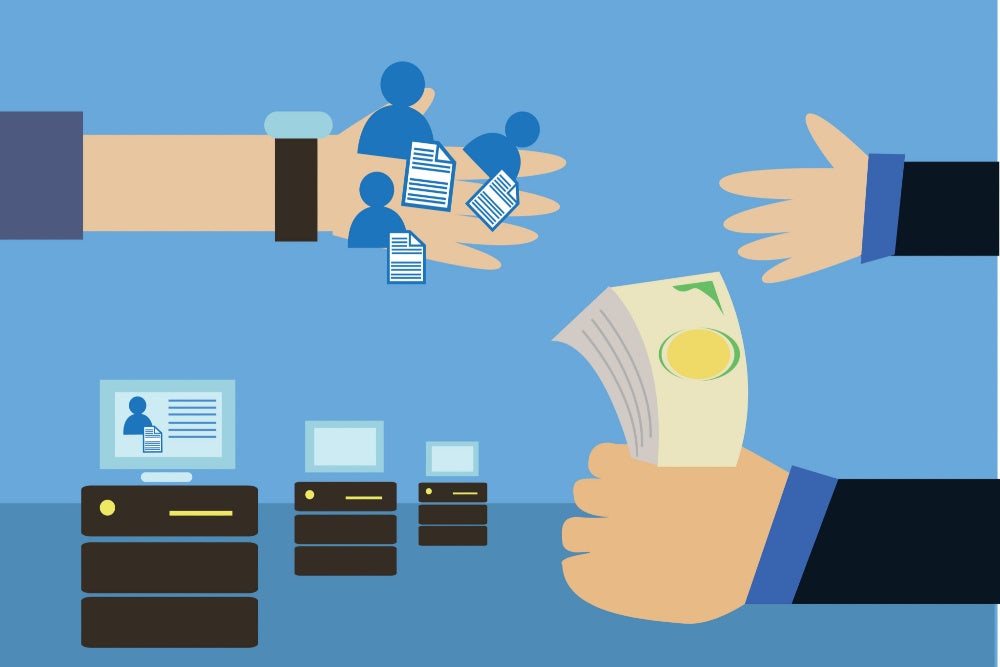Monetizing user data is undoubtedly the oil industry of modern societies. Privacy concerns, along with the fact that the creators of this wealth (consumers) stand to make nothing out of this business, have sparked an increasing interest from emerging start-ups that promise to give a slice of that pie to consumers. However, it seems that the prospect of individuals gaining significant amounts from monetizing their data is far from the truth.
User data is a source of wealth
User data is valuable for companies in order to understand consumers’ behaviour and convert them into clients through effective product development and ad campaigns.
By engaging in social media, online shopping or simply browsing the internet, consumers are handing out to content providers a vast amount of information about who they are, where they live and what they like. Content providers may leverage this information for their own purposes or sell them to third parties.
Especially, selling user data to third parties is an extremely lucrative business; online advertising business is worth hundreds of billions of dollars, making up for a large share of revenues of tech giants like Facebook and Google.
The new paradigm of users monetizing their own data
As the mining of user data, and extensively the wealth of tech giants’ that leverage them, has come at the cost of people’s privacy, voices supporting the idea of consumers taking control of their wealth of data have become popular.
The emergence of start-ups that promise to give consumers a piece of that pie, based on the wealth of the data they create, are part of this effort. The premise is simple; as long as consumers’ input is indispensable for these multibillion-dollar business, while their privacy is difficult to maintain, it is only fair that they also profit from the value of their data.

US Tariffs are shifting - will you react or anticipate?
Don’t let policy changes catch you off guard. Stay proactive with real-time data and expert analysis.
By GlobalDataStart-ups like Surf, Datacy, Killi and Tapestri, rely on a data licencing model for personal data monetization. Individuals installing the respective browser add-on or an app offered by these start-ups, allow companies to access anonymous browsing data, which may range from social media activity to online shopping habits, in exchange for financial compensation. Financial compensation takes the form of vouchers and discounts valid with companies that partner with such platforms.
An exaggerated prospect of individuals’ monetization
The idea of consumers widely monetizing their own data my look promising, but in reality, that prospect does not seem feasible. Firstly, the financial benefit for consumers seems exaggerated. User data value lies at scale; content providers like Google and Facebook, are able to generate billions of dollars from advertising revenue because they leverage their vast scale of data from their enormous user base. This means that the limited user base of data-monetization start-ups has limited value for buyers, thus apps are not able to gain the level of returns that tech giants would make on the same users, so that monetization for individuals selling their data on these platforms is not as attractive as it seems.
Moreover, the value can vary widely per user depending on their specificity and availability. For example, user data from specific consumer audiences on niche applications can cost a few hundred dollars for some companies, but the majority of user information is valued at a fraction of a cent. Secondly, “cutting-off the middle-man”, aka content providers, who benefit from user data, is pointless in financial terms.
We should not forget that large content providers like Facebook and Google provide their services for free in exchange for monetizing on users’ data. In other words, users are not paying for the product only because they are the product. If that was to change, these services would be available at cost to fewer people, with consumers and companies both worse off in this case.









